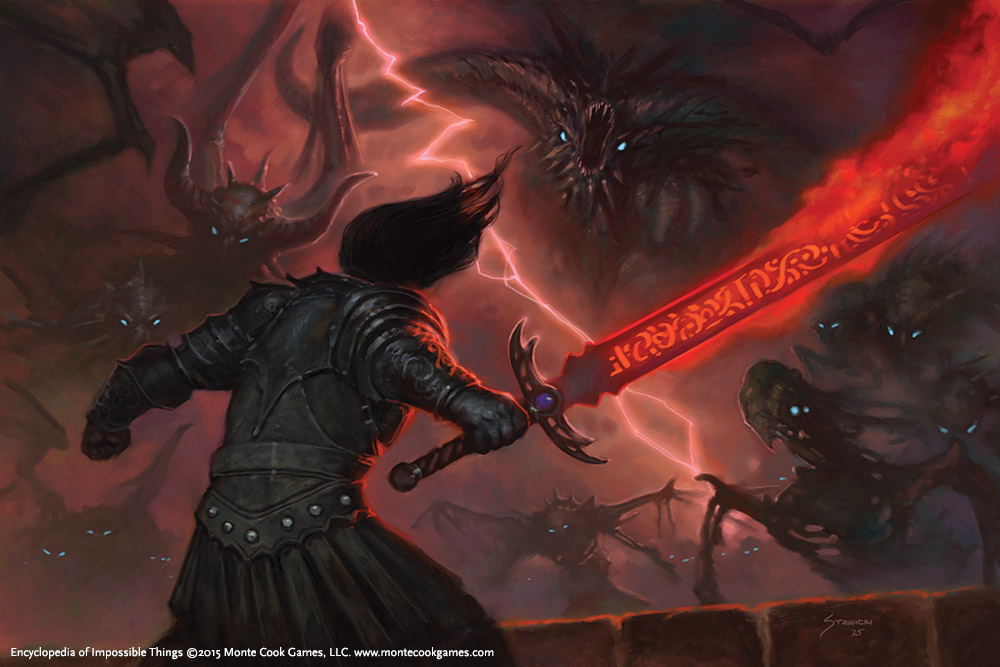The current tariff situation for American game companies is an existential challenge. The tabletop games industry is highly reliant on overseas vendors that turn the creative and colorful workings of our imaginations into the products that bring so much joy to our game tables, so our industry and hobby are powerfully affected by the current tariff policies.
This article is about the effects of tariffs on MCG’s products, and what that means for you. It’s not about how our industry is structured, why we can or cannot find ways around this crisis, or how industrial policy might change the industry at some future time. (I will touch on tariff basics a bit for the uninitiated, though, toward the bottom of the article.)
It’s also based on the situation as of this writing; we may continue to see changes in tariff policy, and these changes might alter the plans and strategies you’re about to read.
All that said, here’s a look at how tariffs affect Monte Cook Games and by extension the fans and purchasers of our products.
Tariffs affect businesses and their customers regardless of political stripe, and that’s what this post is about. The information within this post is analysis and strategy driven by business realities. These truths apply regardless of views on the current policies or their broader goals—ours, yours, or anyone’s. This is not a political article.
In Summary: What This Means to You
The current tariff regime will affect the pricing of tabletop games going forward, but different types of products are affected differently. And a given tariff rate doesn’t mean an item’s retail price will go up at the same rate—a 50% tariff on games, for example, doesn’t necessarily require a 50% increase in a game’s price. I’ll break that all down in a second, but here are some key takeaways:
- If you’re interested in buying our products: we are not, generally, raising prices on the things you see in the MCG Shop or your local game store. Products that already exist aren’t affected by tariffs.
- If you’ve backed one of our crowdfunding campaigns: you’ve already paid for your rewards. We aren’t going to charge you more. Your rewards aren’t at risk.
- If you’re considering backing a future campaign (like the forthcoming Invisible Sun: Electric and Indigo): We are planning carefully to mitigate tariff costs and risks, ensuring we don’t promise anything we can’t deliver.
Now here’s more detail on all of that, and what the future holds:
Existing Products: No Tariffs (Mostly)
Tariffs apply to items imported from outside the US; they’re applied when the item crosses the border. That means if we already have the item—it’s a game we made last year, for example, and it’s already in our warehouse—tariffs don’t apply. Tariffs will not directly cause us to raise the prices of existing products.
Here’s a caveat: Sometimes we run out of a title, and have to print more. Tariffs might apply, and that might require us to raise the price of that item. (It hasn’t happened yet, but it’s worth mentioning because it could.) Reprints are subject to the same tariff issues as new products. Speaking of new products:
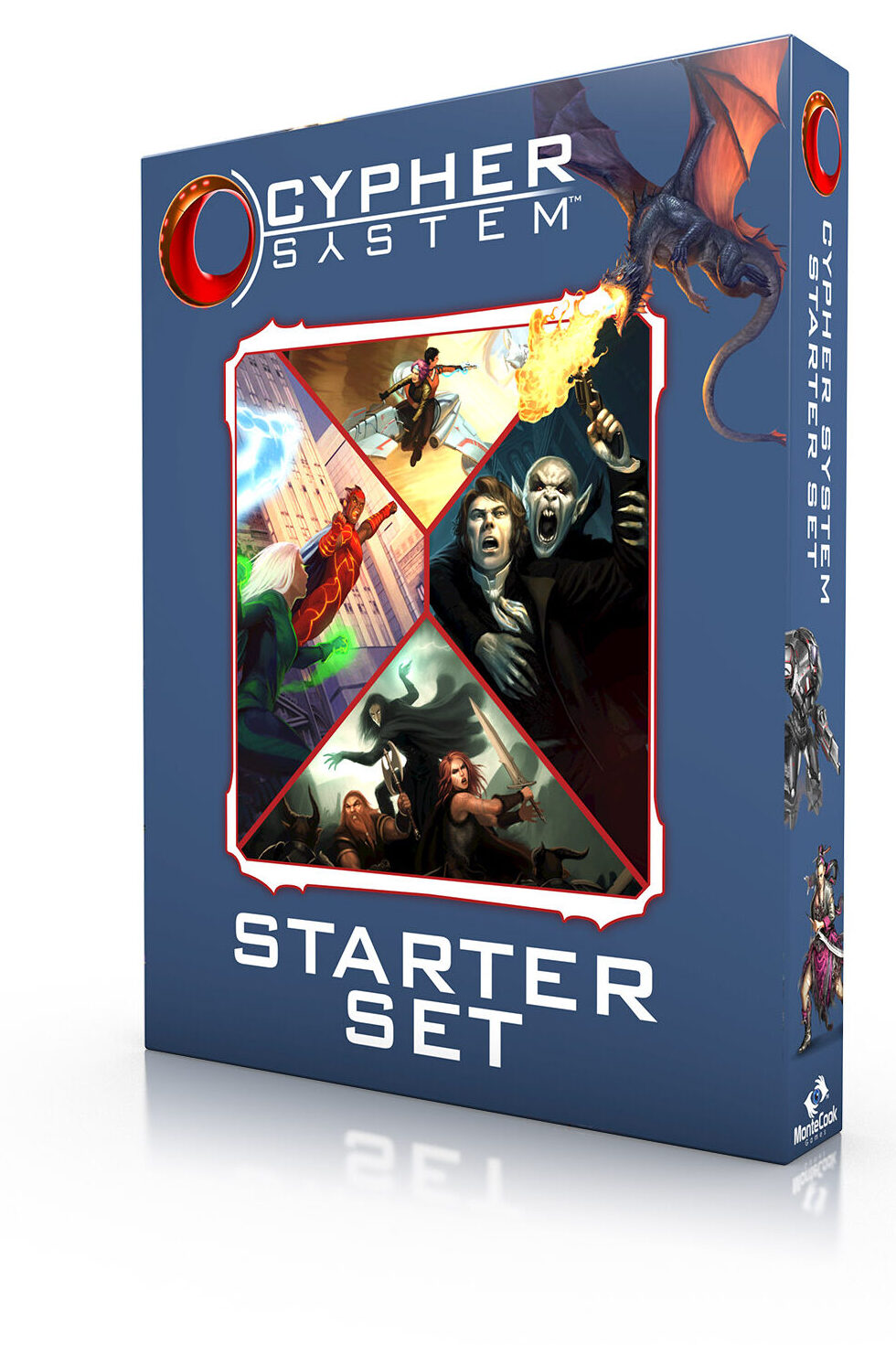
New Book-Format Products: No Tariffs (Mostly. For Now.)
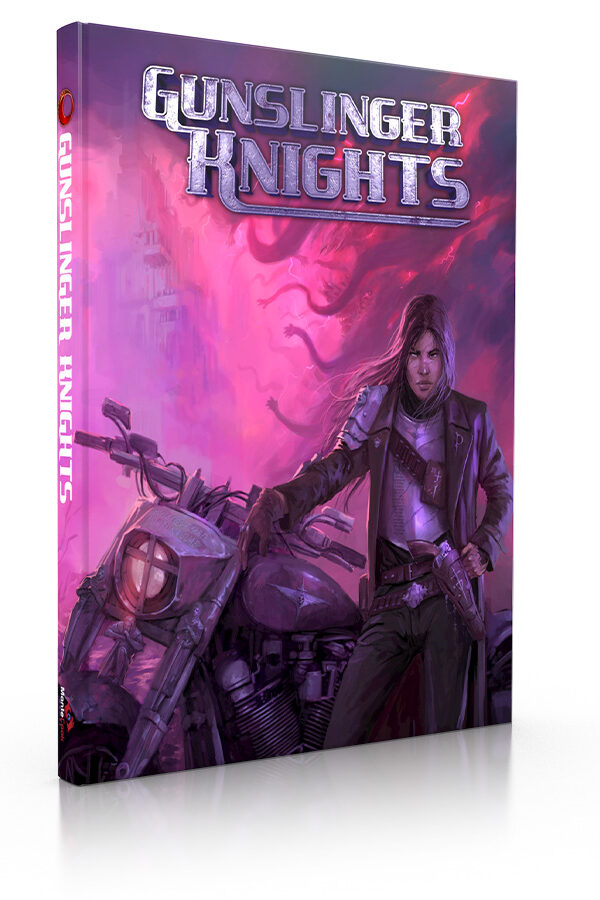
As an RPG publisher, most of our products are books. Our primary vendor for printing books is in Canada (we’ve worked with this excellent company since MCG’s inception thirteen years ago). As of this writing, books printed in Canada are exempt from tariffs—this applies to new books coming out this year and beyond, and to reprints of any existing titles we happen to run out of. So, as a general rule, tariffs will not, directly, cause us to raise the prices of our forthcoming books.
Here’s a caveat: A small percentage of our book products have special requirements our primary vendor can’t easily meet, so they’re produced in other places, including China. We may be able to find alternate vendors in lower- or no-tariff territories, but there’s a risk we’ll have to raise prices, due to tariffs, on a few future books.
New Non-Book Products: We’re Working to Limit Tariff Impacts
A few of our games, such as Invisible Sun and No Thank You, Evil!, are boxed products that contain cards, dice, and other non-book components—plus the box itself, often a tray that holds the components, and so on. There is no meaningful industrial capacity to make these games here in the US, so we, like virtually every other tabletop game publisher, produce these overseas. Most of our games of this type are made in China, where there are many excellent, experienced vendors that are well equipped to make high-quality games—but are now subject to extremely high tariff rates.
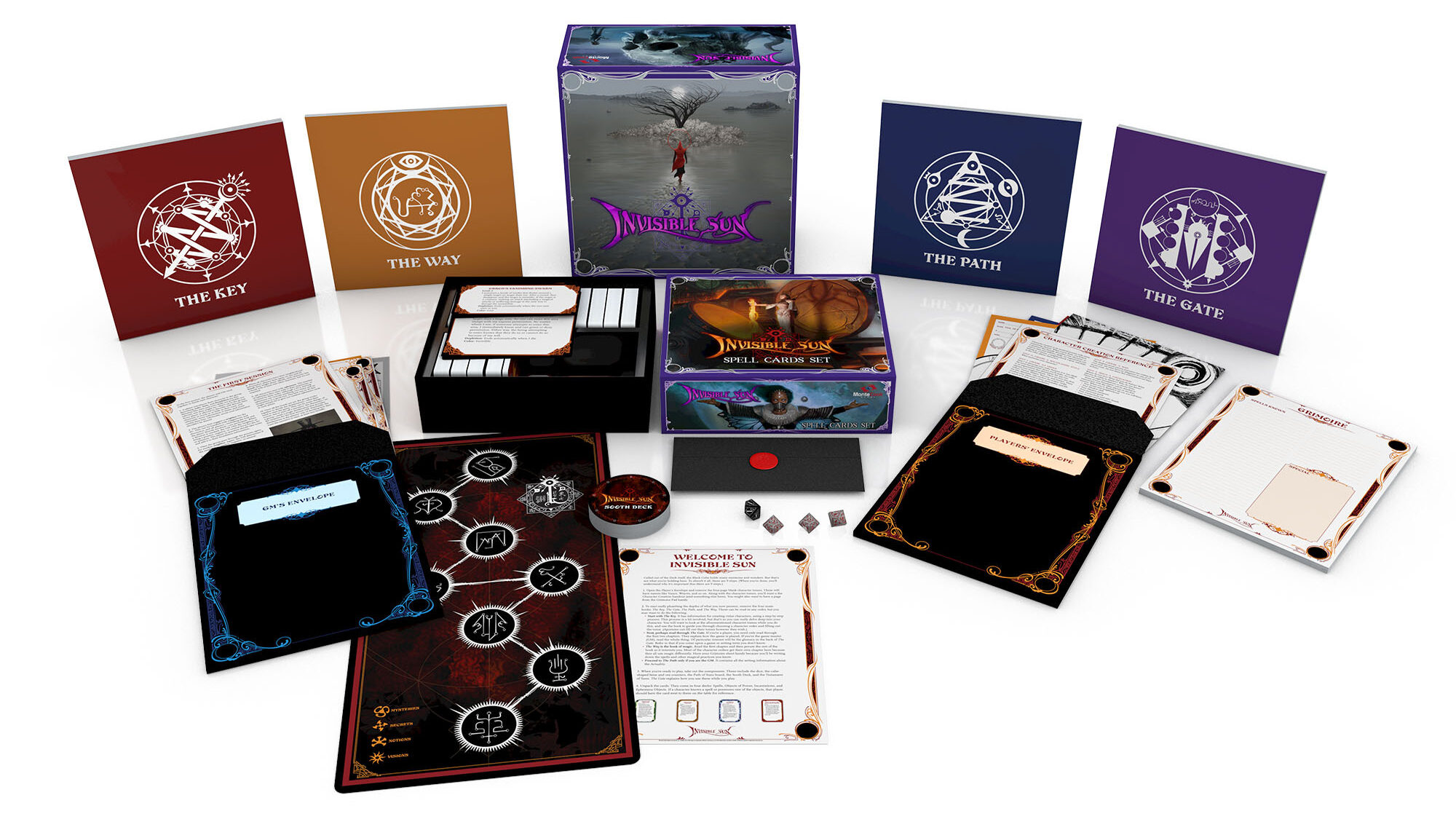
One forthcoming product of this sort is Invisible Sun: Indigo—a hefty boxed RPG with multiple books that also contains dice, a playmat, hundreds of cards, and numerous other components. It’s an expensive game to make, and adding high tariffs to its cost is ruinous. To minimize the impact of tariffs, we’re planning to decentralize production.
Rather than having the entire game made in China, we’ll manufacture as many components as possible in countries with low or no tariffs on the sorts of components being made. For example, we will print the books in Canada, with our primary book printer. We are working with vendors in Europe for cards and the box, and we’re looking for new US vendors for other elements of the game (though more on that below). We probably won’t be able to escape producing a few components in China, but they’ll be a small part of the overall cost, and we’ll only have to pay tariff on that small part.
We’ll then assemble the games here in the US, so the assembly portion of the cost is protected from tariffs.
We’re still facing a significant increase in costs—high tariffs on a few components, lower (but still significant) tariffs on some others, and an increased cost of assembly. So we’ll have to price it higher than we would have before tariffs.
We’ll follow this strategy for other non-book products currently in our pipeline. How much we can reduce or eliminate tariff costs will vary from product to product. But generally, tariffs require higher prices for most of our forthcoming non-book products. We are building this extra cost into our pricing for these future products. They’ll be more expensive than they would be without tariffs, but we’re minimizing that price increase.
Here’s a caveat: We’re one of many companies—game publishers and others—seeking new sources. As we develop relationships with new vendors, we’re competing with many other clients. And our long-time North American partners are seeing their schedules become increasingly crowded. Even if we’re able to completely eliminate tariff cost impacts, we may see delays in the timing of new releases.
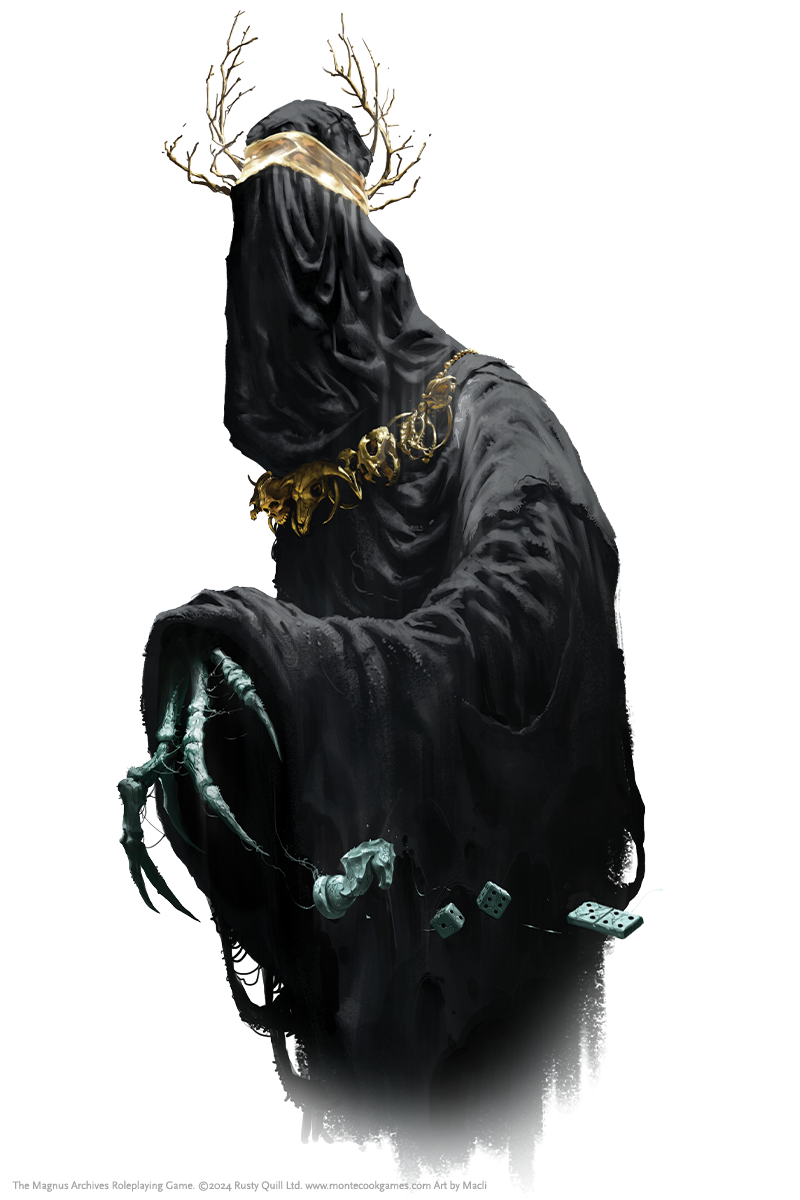
Indirect Tariff Costs
There are a lot of caveats above. And we say things like “tariffs will not, directly, cause us to raise prices”—note the directly. That’s because we can’t fully foresee the secondary impacts of tariffs. It’s likely the shipping industry will be thrown into disarray for some period, for example, and freight costs could skyrocket. Our vendors may raise prices as their costs increase. The basic costs of keeping a business running will likely grow.
We can’t guarantee we won’t have to raise prices across the board, at some point, as an indirect result of tariffs, even for the sorts of products that aren’t directly affected by them.
A Few Notes on How Tariffs Work
We’d love to simply make our games in the US. Or for China to pay the tariffs. And for everything else to work like it used to. Here’s a quick look at why, instead, we’re adopting the strategies outlined above. (This doesn’t just apply to games—these and similar issues affect all sorts of products.)
A tariff is a tax paid by the importing company. It is not paid by the country in which the item was made. In the case of games made in China, the tariff at the time of this writing is 145%. So a game that costs $10 to make incurs a $14.50 tariff—bringing the total cost to $24.50. Most games become a money-losing proposition (big time!) with cost increases like that.
There is no meaningful manufacturing capacity for games in the US. We’d love to manufacture more of our products domestically, but there’s virtually no manufacturing capability for most of our needs. Clever industrial policy could nurture that capacity, but that’s a process that requires years.
And even if we had that capacity, American manufacturing is expensive. A lively, competitive US industry for manufacturing tabletop games would probably still cost significantly more than production in China (not counting tariffs). So even if this industry existed, prices on games would go up at least somewhat.
Raw materials are also subject to tariffs. Again, even if factories existed to create games in the US, they’d get their materials and equipment from a variety of sources. If those sources are tariffed, those vendors would have to raise their prices.
We’re not the only American company looking for new vendors! We’re currently competing with every American publisher for press time at domestic and lower-tariff vendors. Press availability is tightening, which will lead to delays and—you guessed it—higher prices.
Freight disruption will also affect our costs. American ports are already seeing a huge dropoff in ship traffic as imports from China fall off a cliff. This will in turn disrupt American rail and truck schedules, creating chokepoints and bottlenecks. Freight costs are likely to increase dramatically for all industries.
Things Will Change—But We’ll Stay Nimble
We’ll probably have to adjust our plans as the tariff landscape evolves. Fortunately, we’re a nimble team with fantastic production skills, a wealth of resources, and a proven history of delivering complex products. We’ll continue to pay close attention to tariff rates and manufacturing options, and work hard to bring you great games with the lowest possible price impacts.
